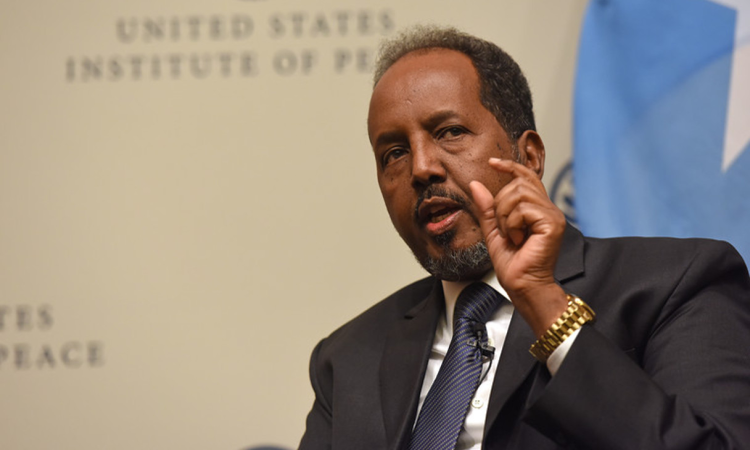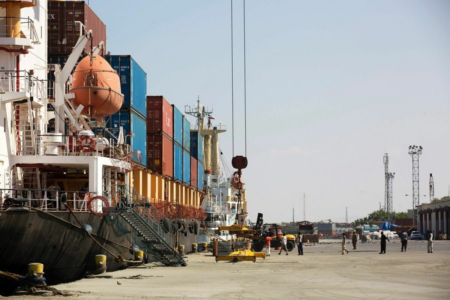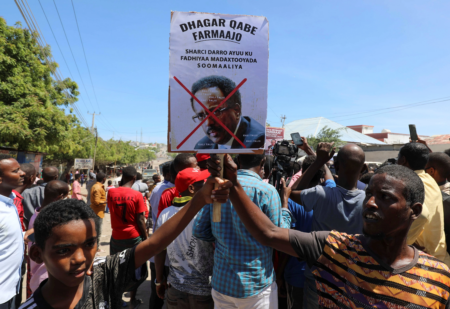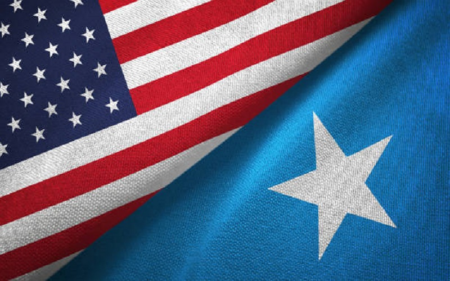Somalia’s President Hassan Sheikh Mohamud has urged scholars, entrepreneurs, and political leaders to take an active role in advancing regional integration by conducting research and offering recommendations based on scientific and strategic foundations.
Mogadishu Welcomes East African Trade Cooperation Conference 2025
His remarks, made on Tuesday, emphasized the importance of promoting economic growth and encouraging joint investments across the East African Community (EAC).
The president spoke during the opening of the Second East African Trade Cooperation Conference (EACON 2025) in Mogadishu, Somalia’s capital.
What Are the Member Countries of EACON 2025?
The annual conference is designed to explore ways to strengthen political, economic, and social cooperation among member states of the EAC, including:
Kenya, Tanzania, Uganda, Rwanda, Burundi, South Sudan, the Democratic Republic of Congo (DRC), and Somalia, which officially joined the bloc in 2024.
Somalia’s Growing Role in Regional Affairs
President Mohamud highlighted that hosting EACON reflects Somalia’s growing confidence and its increasing influence within the East African region.
He said: “Mogadishu city owns a long history in trade and regional relations.
Hosting EACON underscores Somalia’s commitment to regional integration, promoting peace, and advancing economic cooperation across East African countries.”
He also emphasized that the nation’s role in the EAC goes beyond symbolic membership, calling for active participation in shaping policies and projects that promote shared prosperity.
By engaging academics and business leaders, Somalia aims to foster evidence-based strategies that can address challenges like infrastructure gaps, trade barriers, and investment limitations within the region.
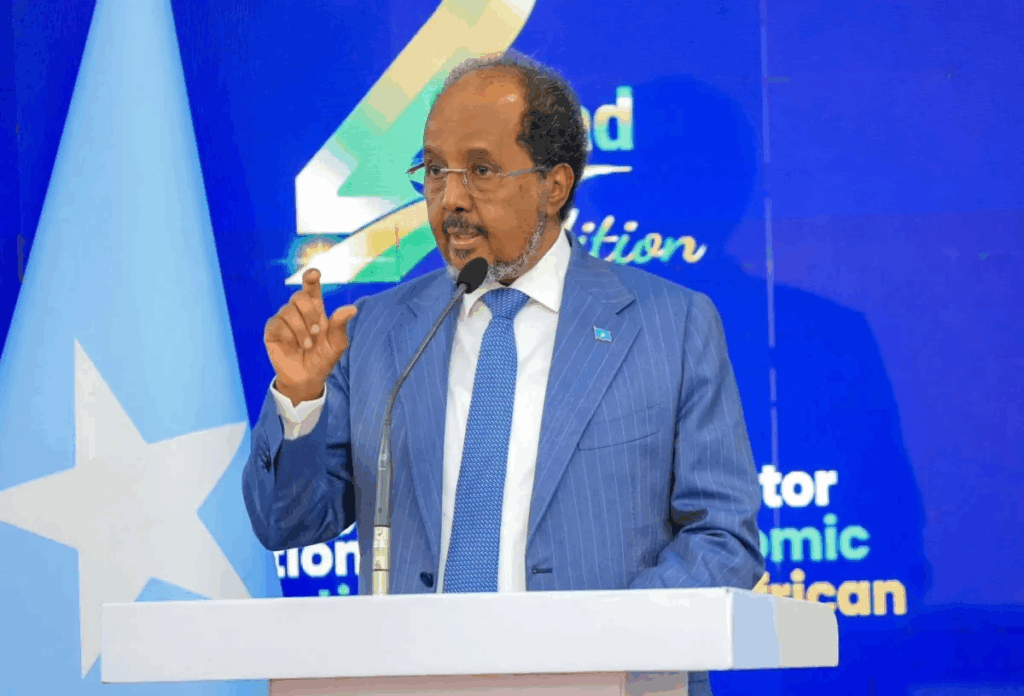
Detailed Remarks of Somali President at the East African Trade Cooperation Conference
President Mohamud called on entrepreneurs to actively participate in regional trade and investment initiatives.
He stressed that collaboration between Somali businesses and their counterparts across East Africa can create opportunities for sustainable growth, technology transfer, and job creation.
By leveraging Somalia’s strategic geographic position along the Horn of Africa, the country can serve as a gateway for regional trade and investment.
Mohamud added: “We encourage researchers and scholars to provide data-driven insights that inform policy decisions and economic initiatives.
Their studies can help governments and private sector actors in identifying practical solutions to strengthen regional supply chains and enhance investment opportunities in East Africa.”
Strengthening Political and Social Cooperation
East African Trade Cooperation Conference also focused on political and social collaboration.
President Mohamud emphasized that sustainable economic growth must be accompanied by stability, good governance, and social cohesion.
He urged policymakers to design frameworks that not only attract investors but also ensure equitable development and improved livelihoods for communities across member states.
The event drew regional and international leaders, policymakers, and experts who discussed accelerating economic, political, and social integration.
They also explored how the EAC can play a central role in supporting sustainable development initiatives, fostering peace, and building resilient economies.
Somalia’s Vision for Regional Integration
Since joining EAC in 2024, Somalia has increasingly positioned itself as a proactive partner in regional development.
President Mohamud’s call to action highlights a vision where academic research, entrepreneurial innovation, and policy leadership converge to create a robust framework for integration.
By focusing on collaborative investment, sustainable development, and inclusive policymaking, Somalia seeks to strengthen regional ties and elevate its role as a central actor within East Africa.
Conclusion:
Hosting EACON 2025 by Somalia signals its commitment to deepening economic, political, and social integration in East Africa.
President Mohamud’s message underscores the importance of collaborative action among scholars, business leaders, and political figures to harness the potential of regional cooperation for lasting growth and shared prosperity.




